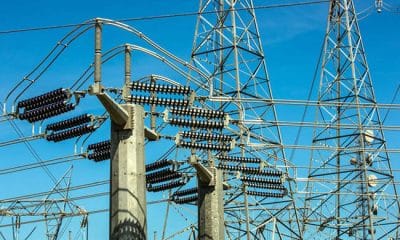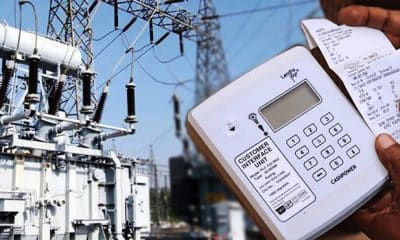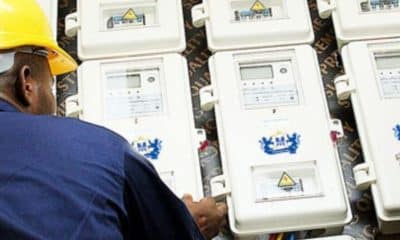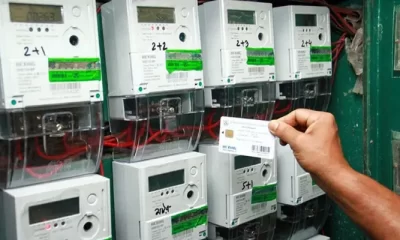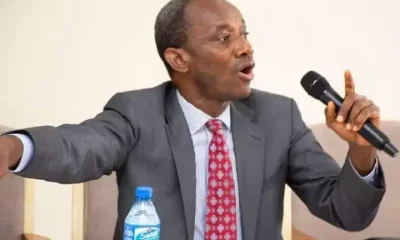Nigeria News
‘Electricity Tariff To Rise By 300%’
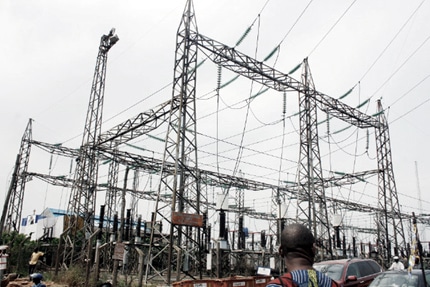
Power companies in Nigeria are set to increase electricity tariffs to N200 ($0.15) per kilowatt-hour from the current N68.
Bloomberg news agency reported this anticipated hike, noting that it would affect about 15% of the population, who are said to consume 40% of the nation’s electricity.
The decision to raise the tariffs nearly threefold within weeks is part of Nigeria’s strategy to attract new investment into the energy sector and reduce the substantial $2.3 billion annual expenditure on electricity subsidies.
According to the platform, sources close to the presidency, familiar with the developments, revealed that these measures aim to make the energy market more financially sustainable and appealing to investors.
Furthermore, the Nigerian Midstream and Downstream Petroleum Regulatory Authority (NMDPRA) recently announced an increase in the price of natural gas, which fuels over 70% of the country’s electricity generation.
The new 2024 base gas price has been set for power sector companies and commercial users, as stated by NMDPRA’s chief executive, Farouk Ahmed, marking a shift from the previous rate of $2.18 to $2.42 per one million British thermal units (MMBtu).
Since the privatization of its generation and distribution sectors in 2013, Nigeria has regulated electricity tariffs through the Nigeria Electricity Regulatory Commission (NERC).
Bloomberg said, “Power firms aren’t allowed to charge enough to recover the cost of distributing electricity, with the government paying the difference as a subsidy to companies in the sector.
“The government has in the past said that electricity companies are short of an estimated two trillion naira in capital and need new investors to revive the industry.”
Bloomberg quoted Bayo Onanuga, a spokesman for the presidency, as saying, “The regulator (NERC) will make a pronouncement based on its discussion with the distribution and generating companies.
“The presidency cannot say anything at this stage. Electricity sector is hurting.”

